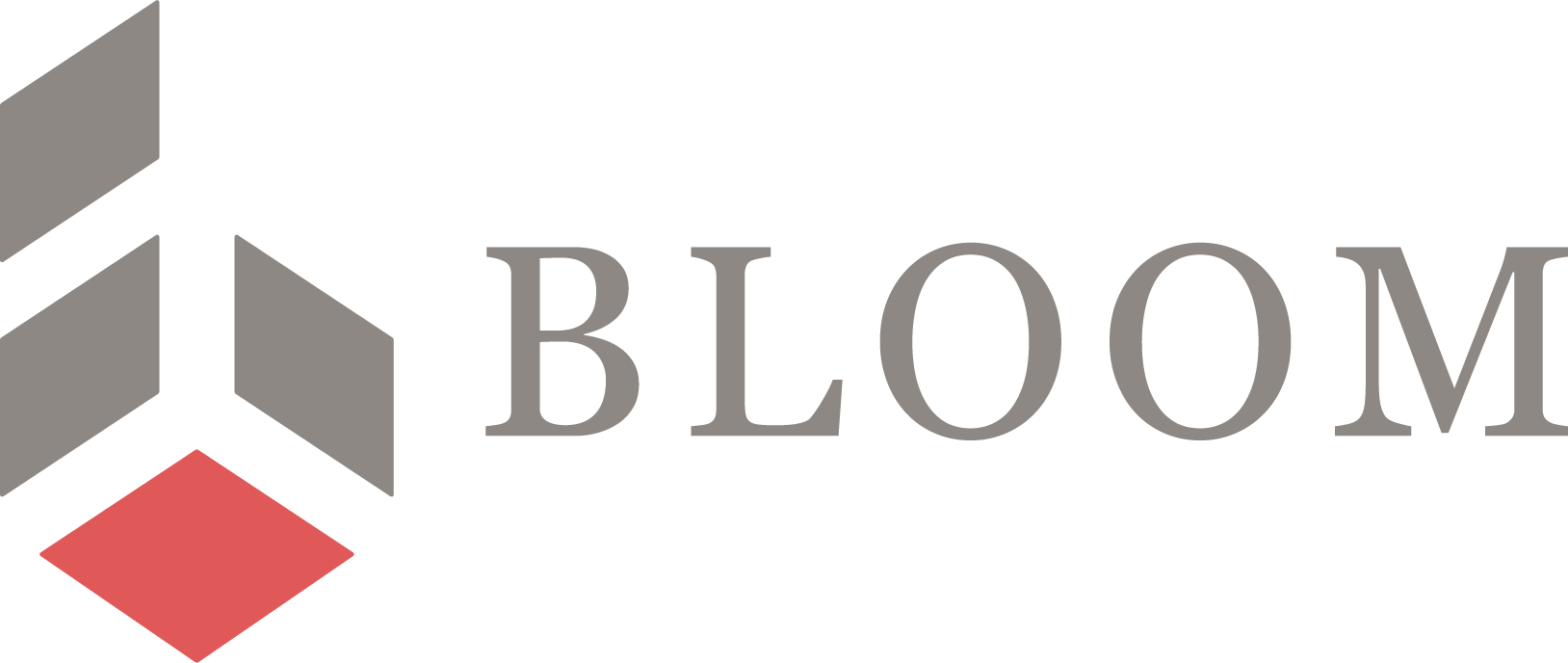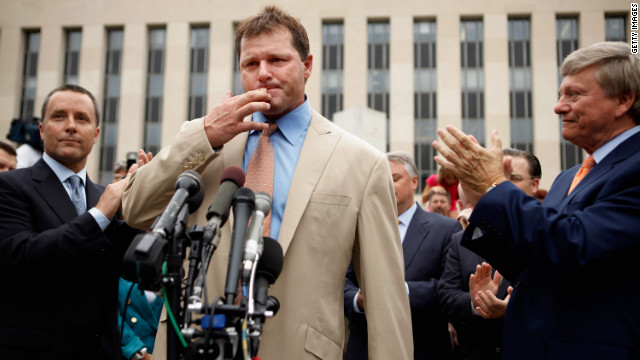Jason Bloom and Michael K. Hurst will present “The 7 Habits of Highly Effective Trial Lawyers” at the Dallas Bar Association Trial Skills section CLE event. The program will be held at the Belo Mansion starting at noon.
Using brain scans to evaluate motive and intent of the accused in court sounds like something straight out of a science fiction tale. Yet here it is in a courtroom near you. And this new technology is steadily moving closer to becoming a routine consideration in the business world too.
Brain scans produce very revealing data. Neuroscience, in essence, is perfecting the art of mind reading to an almost terrifying degree of accuracy. And businesses are already scrambling to use the results in as many ways as possible.
“Neuroscientific data has been admitted as evidence in over one hundred criminal trials now, and has been cited in at least one U. S. Supreme Court case,” says Alison K. Bennett, M.S., senior litigation consultant at Bloom Strategic Consulting, a firm that helps lawyers construct winning trial and litigation strategies.
The Supreme Court case to which she refers is Justice Breyer’s citation of neuroscience research in his videogame dissent in the Brown v. Entertainment Merchants Assoc. case. Breyer wrote, “[C]utting-edge neuroscience has shown that ‘virtual violence in video game playing results in those neural patterns that are considered characteristic for aggressive cognition and behavior.’” For that reason and others, Breyer thought that the legislators’ conclusion (that the videogames in question could harm children) should be upheld. Read more…
Jason Bloom will be on In Session with Vinnie Politan tomorrow morning at 11E/10C. He will be discussing the high profile cases of Roger Clemens and Jerry Sandusky. Tune into trueTV.
Jason Bloom interviewed on America Tonight with Kate Delaney , June 2012. CLICK TO LISTEN HERE
Jason Bloom discusses the Roger Clemens jury selection process on 570 KLIF News & Information in the Morning with Amy Chodroff and Dave Williams. CLICK HERE TO LISTEN
Jason Bloom interviewed on The Horn ESPN Austin with The Morning Rush. Click here to listen Clemens Perjury Trial on Morning Rush. June 2012
NOT GUILTY. Jason Bloom and Bloom Strategic Consulting send their congrats to Roger Clemens and his entire legal team from Rusty Hardin & Associates and Cooley, LLP for their not-guilty verdict in USA v. Roger Clemens. It was a privilege and a pleasure to play a role in this major league acquittal.
http://www.cnn.com/2012/06/18/us/clemens-trial-verdict/index.html
To maximize the chances of a successful voir dire, an attorney must counteract the negative views with which many potential jurors enter the courtroom, understand….To read the rest of this article click here…
Find Article in:
The 38-year-old owner of Bloom Strategic Consulting Inc. stages a full-fledged mock courtroom environment, complete with stand-in jurors, so that attorneys can see how effective their cases are before they take them into a real court.
He calls it a legal laboratory. The mock jurors are his research participants.
“Everything we do in this room is aimed at eliminating the guesswork associated with litigation,” Bloom says as he shows off his facility at Campbell Center on Central Expressway. “There’s often a gap the size of the ocean between what lawyers and witnesses want to tell the jury and what a jury actually wants to know. I bridge that gap.”
His setup includes a realistic courtroom — 24-person jury box, two counsel tables, judge’s bench and witness stand — a jury assembly room and two deliberation rooms equipped with video and sound equipment. They all feed into a viewing room behind one-way glass so that attorneys and clients can monitor the courtroom proceedings and the deliberations that go on afterward.
These legal experiments are highly conclusive, Bloom contends. Since starting his career 15 years ago, he’s run more than 350 cases through a mock jury study. His predictions panned out in 90 percent of the cases that went to an actual trial. Read more…
Story by: Cheryl Hall – Dallas Morning News





